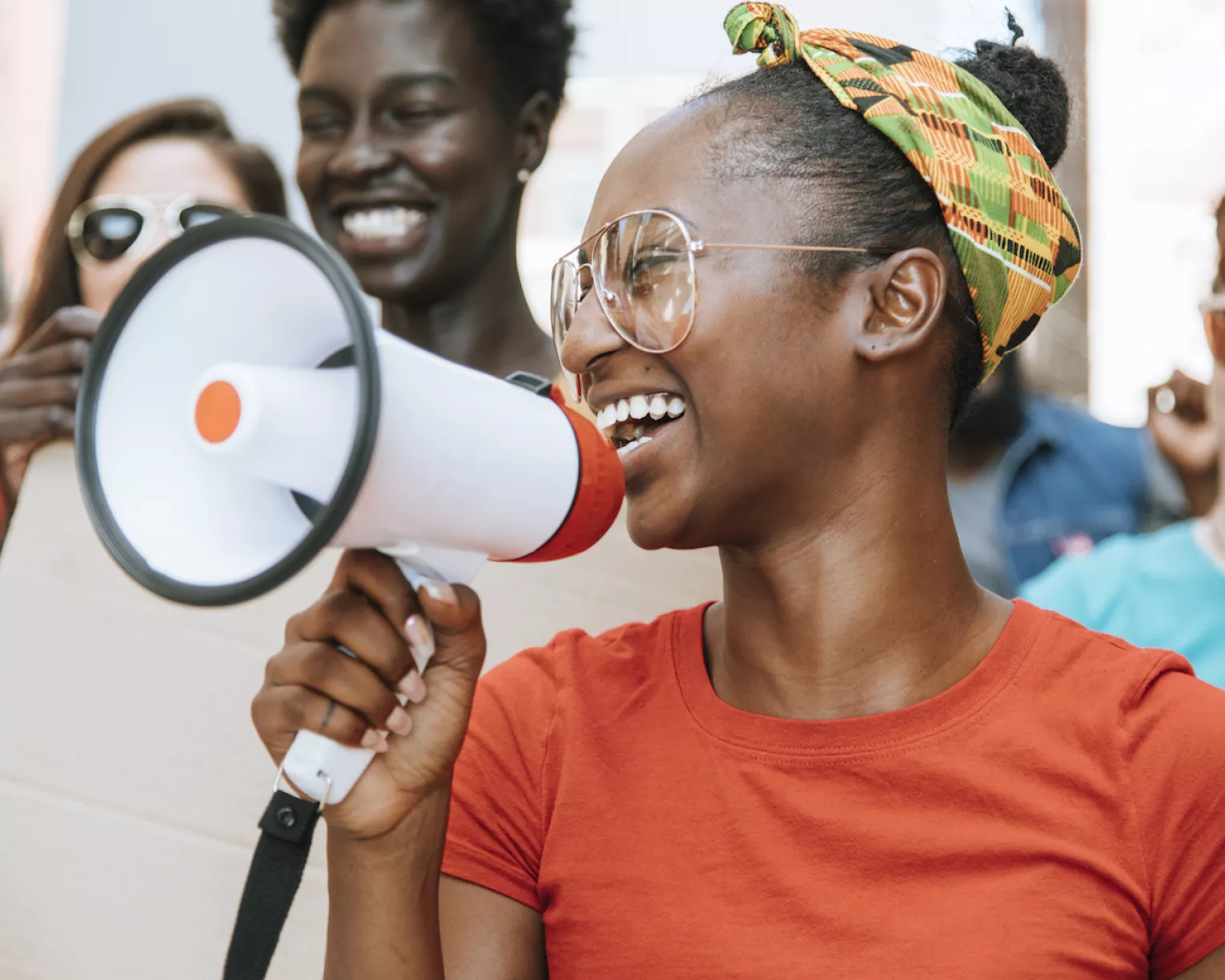Ensuring access to restrooms and locker rooms consistent with a student’s gender identity was one of several social justice issues discussed at a recent training session attended by Johnson and two dozen of her colleagues from Springfield Public School District 186. The Social Justice Training Program was sponsored by the NEA Human and Civil Rights (HCR) Department in conjunction with the Springfield Education Association (SEA), and district 186.
The Important Thing: 'Respect Students in All Their Diversity'
“The training allowed us to share our feelings, as a team, about LGBTQ and other issues,” says Doug Collins, a security officer at Lanphier High School with 23 years of experience. “It took us to a deeper level of understanding the connection between social justice issues and student achievement.”
As coach of the varsity girls’ basketball team for 20 years, Collins says he is well-aware of gender, cultural, sexual identity, ethnic, and other differences among students. The important thing, he says, is to “respect students in all their diversity.”
Protecting students, says Collins, was one of the reasons he looked forward to attending the training program, which was held at the Illinois Education Association (IEA) building.
“Knowledge is power. I learned that cultural self-awareness leads to increased competency, which helps create effective learning environments.”
Illinois school security officer Kathy Johnson says she feels comfortable interacting with LGBTQ students, the training program introduced her to statistics that took her by surprise. For example, according to a recent GLSEN National School Climate survey, more than 57 percent of LGBTQ students felt unsafe at school because of their sexual orientation. Approximately 36 percent were physically harassed (pushed, shoved) because of their sexual orientation, while almost 23 percent were harassed due to their gender expression.
“NEA offers a wide variety of professional development opportunities for ESP members,” says Johnson. For some of the security officers, the training session gained them credit with the ESP Professional Growth Continuum (PGC), a self-guided, career-long program which provides clear pathways for professional learning and growth.
“Hopefully, the more people who can go through this type of training, the greater number of LGBTQ students who will feel safe at school,” Johnson adds.
Making Students Feel Safe and Secure
“We all want students to feel safe and secure,” says School Board President Mike Zimmers, who attended parts of the training session. “I could tell from the training lessons I heard that the kids have these officers in their corner.”
A week after the August 17 training session, Zimmers recalls visiting an elementary school where a young student announced that he was transgender. The security officer at the school had just completed his training and expressed to Zimmers that as a result he felt extra confident and better-informed to assist the student in every way possible.
“He felt he knew what to do after experiencing the LGBTQ training,” Zimmers says. “He felt ready, which I was glad to hear.”
Are you an affiliate?


